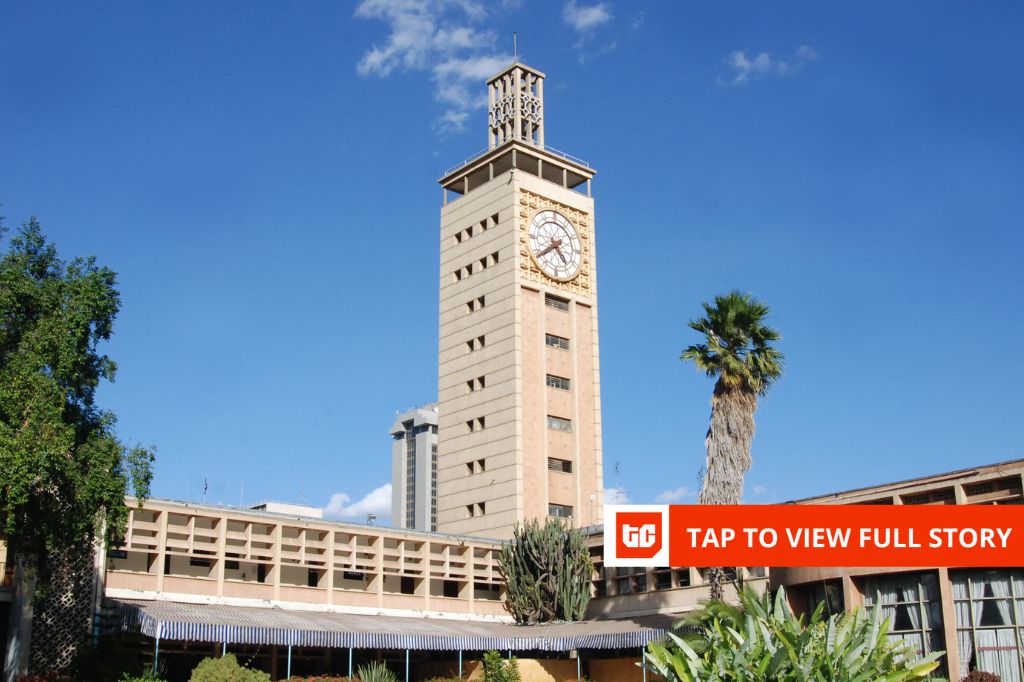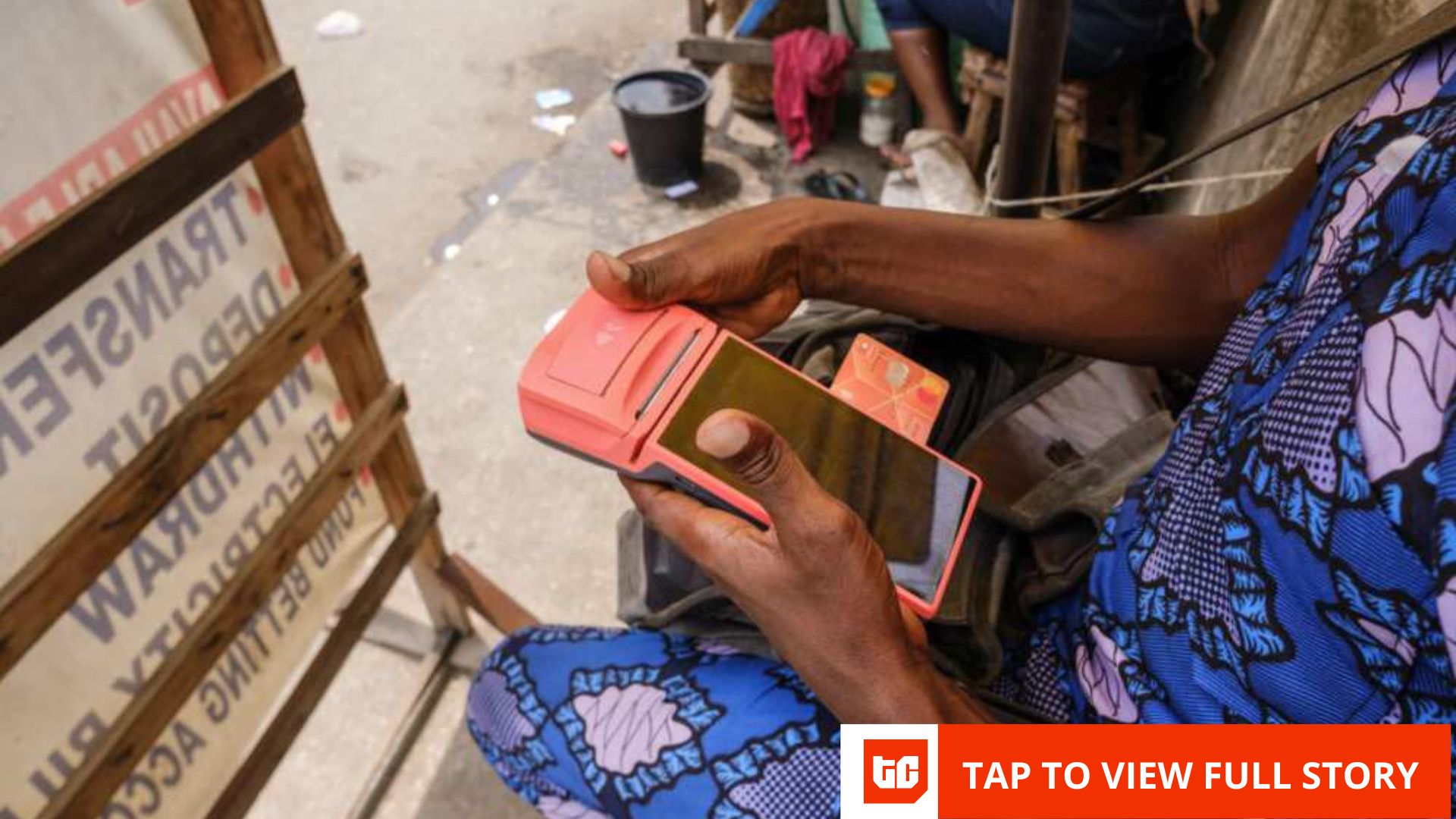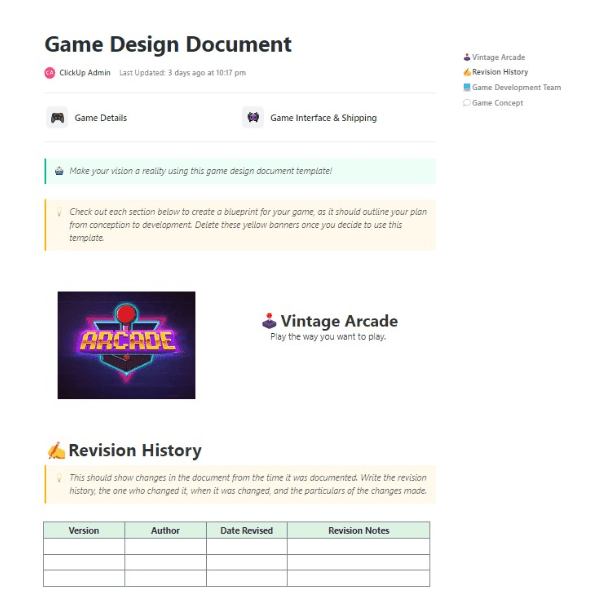Phones are always buzzing in Nairobi on weekends.
Someone’s uncle in the city’s South B wants a bottle of gin. A bridal shower in Kileleshwa needs rosé, fast. In Ruaka, an attendant at a dusty wine shop is packing crates of beer for delivery to a house party that hasn’t even started. And by 3 p.m., boda boda riders all over the city are in the thick of it, zipping through traffic with a blend of all alcoholic drinks and M-Pesa confirmations.
This is what the weekend looks like in post-COVID-19 Kenya. Not everyone is going to the bar anymore. The party comes to you. But not for long.
The government wants to ban online alcohol sales and home deliveries, raise the legal drinking age from 18 to 21, and create no-alcohol zones around schools, churches, and residential areas. If it sounds sweeping, that’s because it is. Kenya’s National Agency for the Campaign Against Drug Abuse (NACADA) says it’s fighting “alcohol abuse,” but it may end up waging war on entire business models.
“I do a lot of alcohol deliveries from Thursday through to Sunday. That’s where the money is,” says Lazaro Sirengo, a rider in Nairobi. “If they ban this, it’s like sending me home without notice.”
A single weekend could bring him over 30 deliveries, often with tips included. And unlike food, alcohol doesn’t get cold or soggy. It waits and pays, he says.
And that’s no exaggeration. Alcohol delivery isn’t just a convenience for customers, it’s a lifeline for delivery workers, some of whom have built their entire weekly schedules around weekend orders. It’s also big business for supermarkets, e-commerce platforms, restaurants, and small wine shops.
While up-to-date figures on online alcohol delivery in Kenya are unavailable, it has grown significantly since the COVID-19 pandemic. The rise is driven by the convenience of digital platforms and the increasing use of delivery services.
Breaking platforms?
The proposed ban may be targeting irresponsible drinkers, but it could take down a growing segment of Kenya’s digital economy in the process.
Platforms like Glovo, major supermarket chains like Carrefour, Naivas, and Quickmart, and numerous small alcohol vendors now offer deliveries under 45 minutes. All you need is a smartphone and a craving.
Take Denis Magara, who runs a licensed liquor store in Nairobi’s Embakasi. His shelves are stocked, but most of his customers never walk through the door.
“Really, 60 to 70% of my sales mostly come from online orders,” he says. “People text, mostly WhatsApp, to order. Birthdays, weddings, nyama choma plans, and anywhere friends are gathered.”
Magara hires a few riders, pays them per delivery, and keeps his margins tight. “If this ban goes through, I may as well shut down.”
He’s not alone. What began during COVID—when movement was restricted and social distancing made bars a no-go—has now become a preferred way to buy alcohol. For Gen Zs and millennials, a bottle delivered to your door is just more appealing than squeezing into a smoky joint playing loud music.
Log off influencers
The government also wants to pull the plug on marketing. The ban includes influencers, sportspeople, celebrities, DJs, TikTokers, models, your favourite podcast host, basically anyone remotely cool.
“There shall be no use of entertainment, sports personalities, media personalities, models, social media influencers, or celebrities in endorsing, promoting and advertising alcoholic drinks,” NACADA says in its report.
That’s tough news for the many influencers who’ve built their brands around Friday night drink recommendations and Saturday morning “hangover cure” recipes. And for alcohol brands, it could mean abandoning their entire digital marketing strategy.
Small creators can earn from $300 to $2000 a month through paid alcohol-related posts. Such a ban would wipe their niche entirely.
Kenya does have a drinking problem. According to NACADA, 13% of Kenyans between 15 and 65—roughly 4.7 million people—consume alcohol. The heaviest usage is among 18- to 24-year-olds, and there’s rising concern over teenage drinking and the age of first drink creeping lower each year.
But banning deliveries and cracking down on digital sales might not solve it. Experts warn it could push alcohol out of regulated spaces and encourage the sale of counterfeits.
“We know how this goes. Limiting availability does not mean drinkers will not access it,” says Tracy Kwamboka, a lifestyle coach in Nairobi. “We’ve seen people turn blind from illicit brews; this policy might as well return us there.”
What other countries are doing
The public has a chance to weigh in before the proposal becomes law. But if NACADA has its way, small businesses could shut down, delivery platforms may lose a key revenue stream, and thousands of gig workers risk losing their income. Other countries have figured this out.
In the UK and parts of the US, you can buy alcohol online, but delivery drivers are trained to check ID. In South Africa, after years of alcohol bans, regulators introduced time-based delivery limits and licensing for online sellers.
Kenya could do the same. Require ID checks, limit delivery hours and mandate digital licences for online alcohol shops.
Mark your calendars! Moonshot by is back in Lagos on October 15–16! Join Africa’s top founders, creatives & tech leaders for 2 days of keynotes, mixers & future-forward ideas. Early bird tickets now 20% off—don’t snooze! moonshot..com









